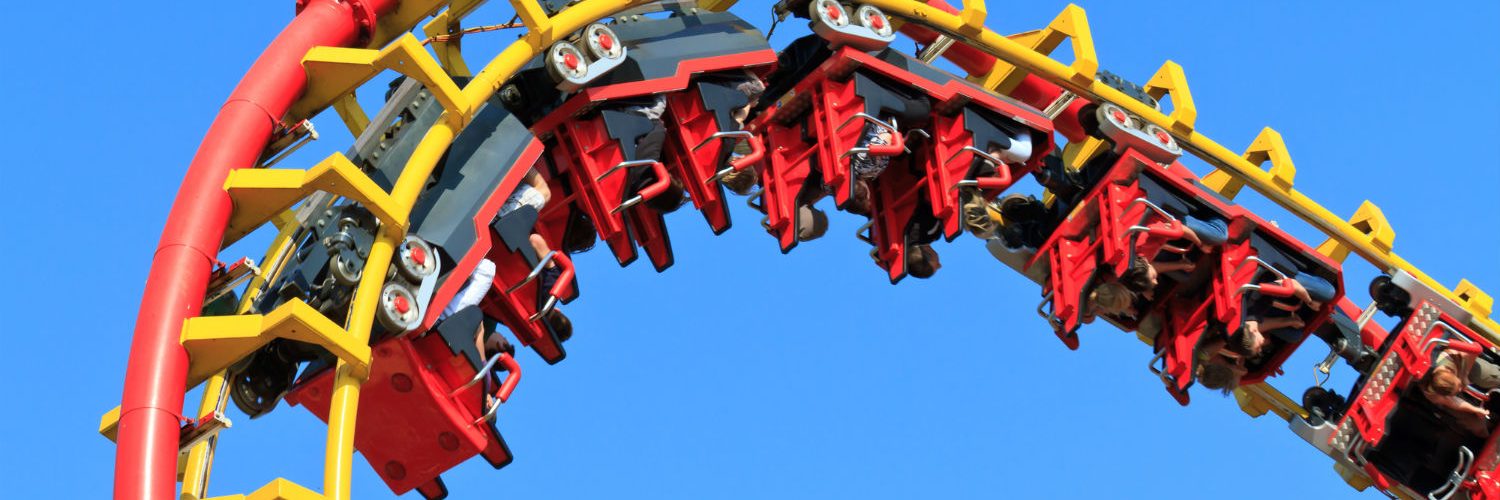In the fall of 2016, several news sources ran headlines suggesting a potentially helpful bit of information for people with kidney stones that may have caught more than a few readers off guard. Apparently there was a study conducted that found that riding on a roller coaster could actually help with passing stones.
The catalyst to this idea was based on research results released by Michigan State University and published in The Journal of the American Osteopathic Association. So, what exactly did they find—and how?
First, the researchers suspended stones in a urine model, placed them in backpacks, and strapped them to the seats of Walt Disney World’s Big Thunder Mountain Railroad in Orlando, Florida. Then, they let the ride run for a total of 20 instances. After the rides were finished, the researchers found that models placed in the front seats passed 4 of the 24 stones, whereas those in the back of the chain of cars passed 23 out of 36. Thus, the researchers concluded that sitting in a rear seat of a roller coaster could actually help you pass a kidney stone.
It’s important to note that this particular coaster does not go upside down. Therefore, it’s hard to say if riding one that does would provide the same results. Also, the researchers warn that “location and size” of the stone, as well as the person’s medical history, should all be taken into account before attempting this somewhat-unorthodox method of dislodging a stone.
If roller coasters really aren’t your thing, another option may be to simply to have more sex. According to a July 2015 study published in Urology, getting busy three to four times per week was more than twice as likely to help participants pass a kidney stone than taking medication (83.9 percent versus 34.8 percent).
It also reportedly helped them pass the stones more quickly. The rate increased by as many as six days faster than the medication group, and eight days when compared to a control group that underwent “standard medical therapy.”
There are also other, more traditional ways of helping with passing stones and relieving yourself of the pain associated with them.


